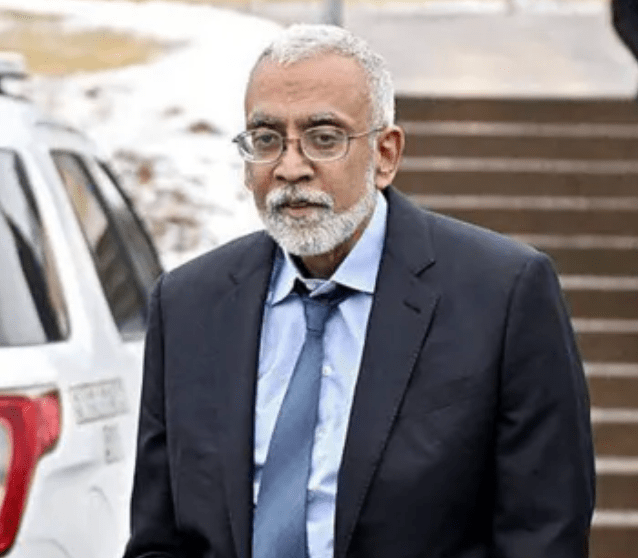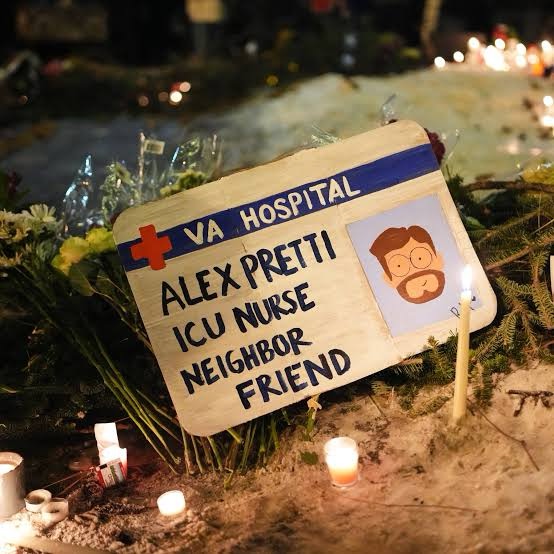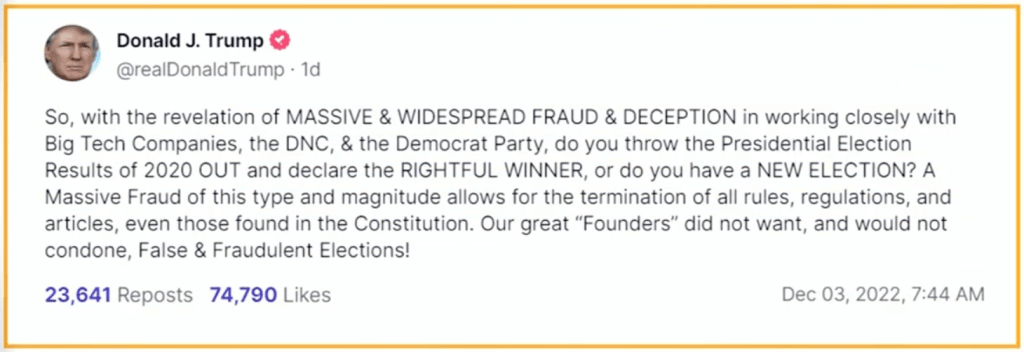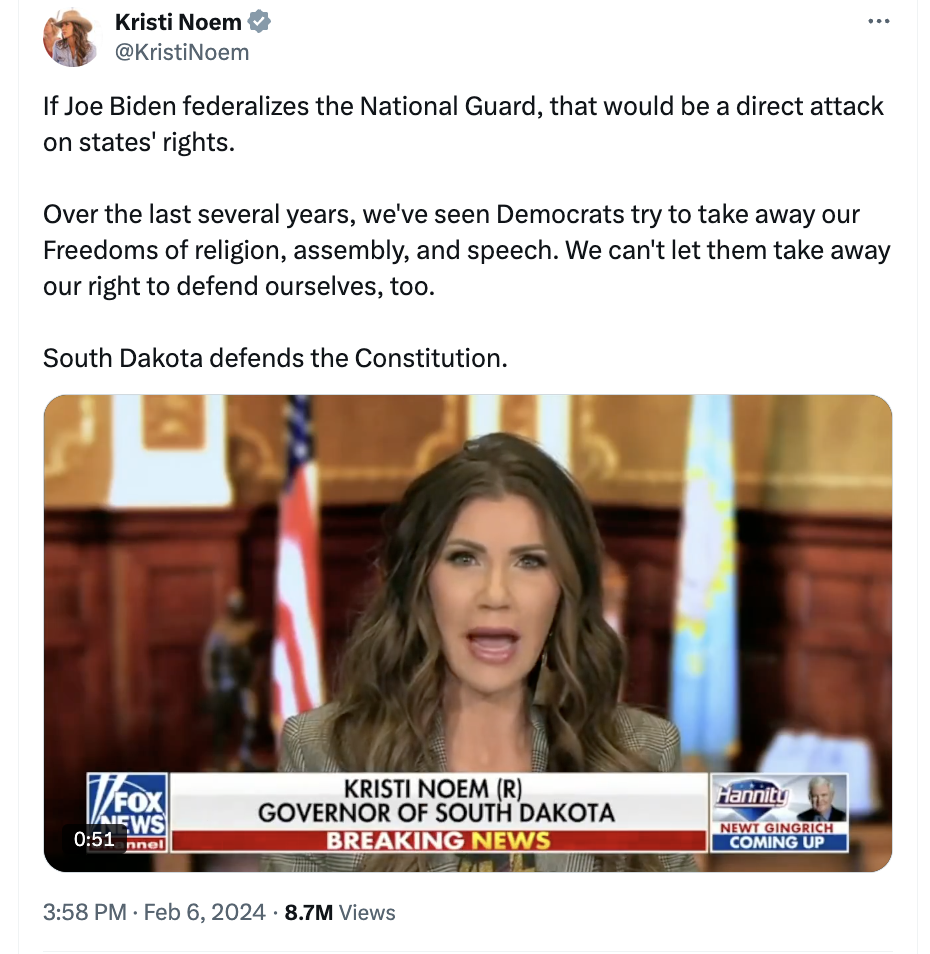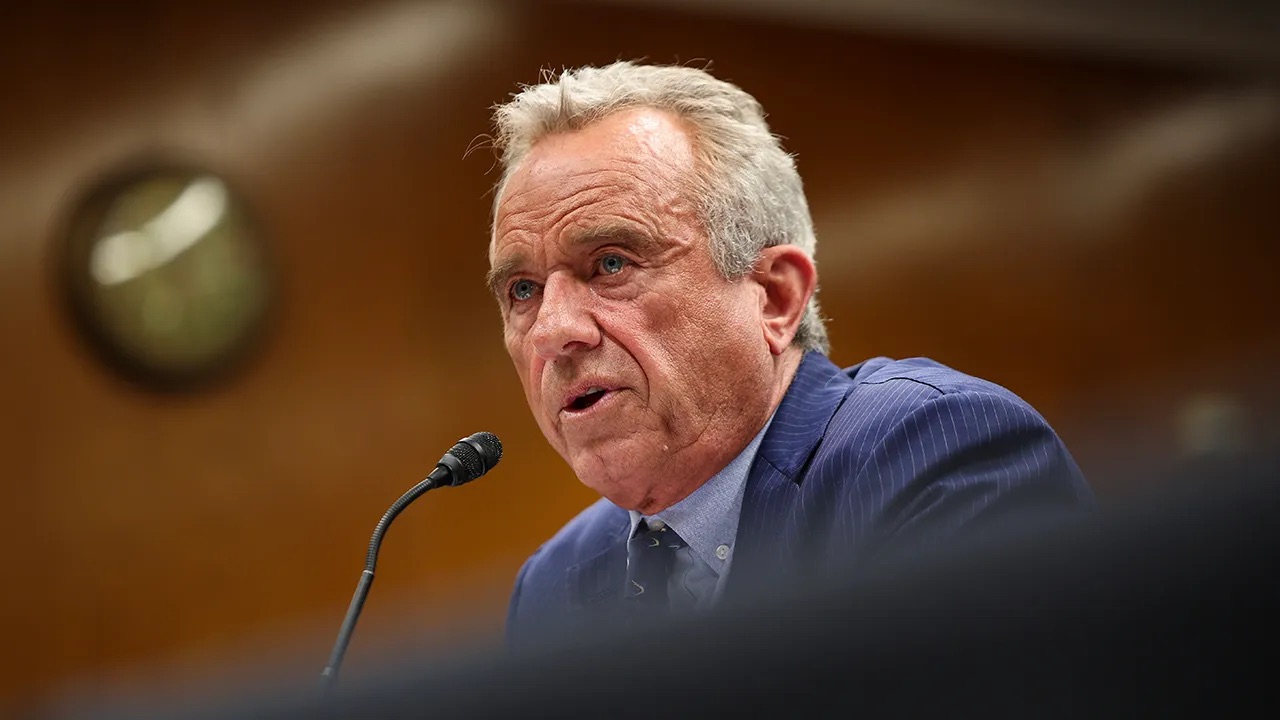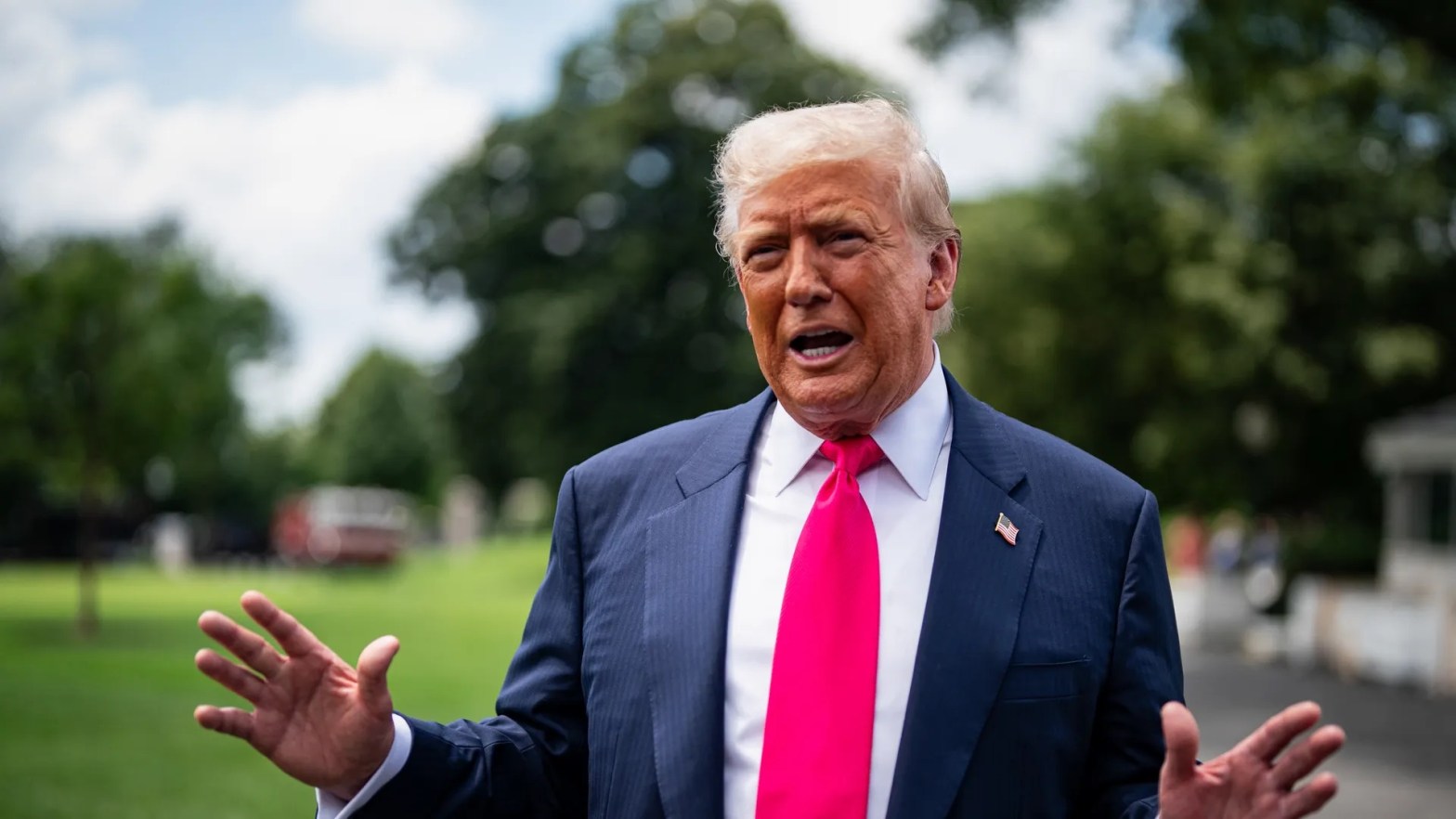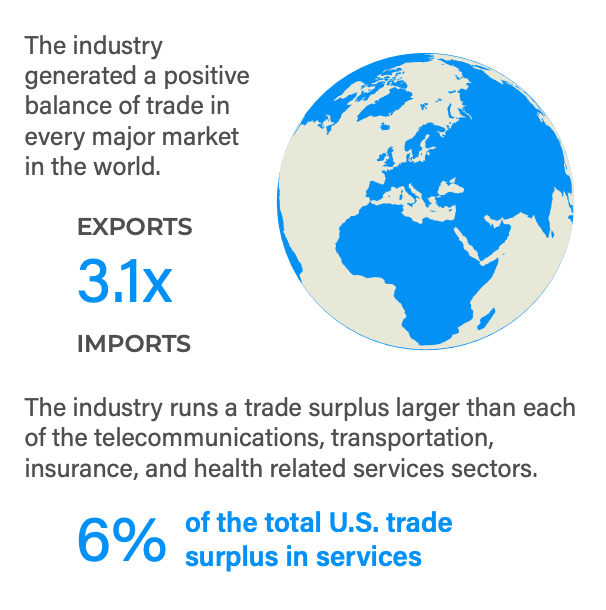Less than two weeks after Garrison Gibson checked in with immigration authorities, as he has been doing for years, masked federal agents broke down his front door with a battering ram and arrested him in front of his family. They had only an administrative warrant, not a judicial warrant, which is required in order to enter someone’s home without their permission. (An internal ICE memo exposed by whistleblowers asserts that agents do not need a judicial warrant to force their way into people’s homes.)
A federal judge strongly disagreed, quickly ruled that agents had “violated the Fourth Amendment,” and ordered Gibson’s immediate release.
Gibson’s illegal arrest was not an anomaly. Just since October, over 4,400 immigrant detentions have been ruled unlawful. (Hundreds of judges have made these rulings, not a handful of “activist” judges, despite DHS’s claims.) In one such ruling, a George W. Bush appointee writes, “It is appalling that the Government insists that this Court should redefine or completely disregard the current law as it is clearly written.”
Forty-four hundred illegal detentions are not an understandable mistake. They’re evidence of a federal agency that is either ignorant of the law or uninterested in following it.
I’ve set out to explain why people who believe in secure borders and want common sense immigration enforcement can and should oppose ICE as it exists today. Earlier this month, I wrote about The Worst of the Worst, and how the administration is dishonestly using that line to marshal support for its cruel and irrational treatment of immigrants, the vast majority of whom have never even been charged with a violent crime. This week, I’m going to highlight ICE’s unprecedented lawlessness.
(As I delved into this issue, I realized there is far too much to fit into one article; it will have to be a two-parter. In this piece I’ll focus on the lawbreaking, and in the next I’ll cover the defiance of court orders.)
As if the tidal wave of illegal arrests weren’t enough, even ICE’s legally appropriate detentions are far too often unlawful in other ways. The Constitution, as well as statutory law, require the government to provide for the basic human needs of people in its custody (clean water, sufficient food, clothing, shelter, medical care, safety). In addition, immigration detention is categorized as civil detention, not criminal, so conditions in immigration detention centers are supposed to be non-punitive.
Yet reports are proliferating about the hellish conditions in detention centers around the country as their populations skyrocket. Not only reports, but lawsuits. The allegations are so troubling and so numerous that this issue could have been a separate article on its own.
The largest ICE facility in California, referred to by detainees as “a torture chamber,” and “hell on earth,” is being sued for providing inadequate water and food and insufficient heat, “terrifyingly inadequate medical care,” failing to care properly for people with disabilities, violating detainees’ religious freedom rights, and depriving them of their right to access legal counsel.
ICE’s Adelanto facility, also in California, is facing a lawsuit for similar inhumane conditions, as well as lack of basic sanitation and prolonged solitary confinement. At least two detainees have died while in the facility’s custody.
Chicago’s Broadview processing facility faces a lawsuit and a laundry list of allegations: severe overcrowding, lack of beds, insufficient food, water, and toilets, no working showers, no hygiene supplies, not even soap or toothpaste. Water that tastes like sewage. A detainee using a garbage bag to clear a clogged toilet. It has taken a federal court order to force Broadview officials to allow clergy into the facility to give communion to detainees.
Seamus Culleton, an Irish man with a valid work permit and no criminal record, married to an American citizen, missed his final green card appointment because he’d been detained in the country’s largest ICE facility, at Fort Bliss in El Paso. He has been locked up there for five months. He is begging to be released, saying that living in the detention center is “an absolute torture, psychological and physical torture.” He clarifies, “I’m not in fear of the other inmates. I’m afraid of the staff. They’re capable of anything.”
Three detainees have died so far while in the center’s custody—in a period of 44 days. ICE claimed the second death was a suicide, but the El Paso medical examiner ruled it a homicide. Two detainees who witnessed his death say he died after he was handcuffed, tackled, and placed in a chokehold by guards until he lost consciousness. DHS is trying to deport the two witnesses. When a third man died 11 days later, ICE bypassed the El Paso ME, instead sending the body to an Army hospital, which will not release the autopsy to the public.
These are only a few of the nightmarish ICE facilities in operation right now around our country, violating the law and the Constitution day in and day out.
ICE is doing its best to hide the inner workings of these facilities from the public and from Members of Congress—I’ll write more about that in the next piece. But what about the actions ICE is proud of?
During Operation Midway Blitz in Chicago, DHS raided an apartment building they had repeatedly claimed was filled with Tren de Aragua gang members. They had cameras ready to capture the action: agents rappelling from Black Hawk helicopters, 300 of them swarming the building, guns drawn. They made a slick video which racked up over 6 million views. (Subsequently released documents prove their rationale for raiding the building was suspected illegal squatters, with no mention of the gang.)
They forced open doors and dragged residents outside in their nightclothes, children screaming. US citizens—including children—were caught up in the raid, pulled from their homes in the middle of the night and zip-tied for hours before being released.
What does Kristi Noem have to show for violating these people’s Fourth Amendment rights so brazenly? (And spending who knows how many taxpayer dollars?) 37 arrests. Supposedly, two Tren de Aragua members. A handful of deportations. But today, more than four months after the raid, DHS has provided no proof that the two men were gang members, and the government has filed zero criminal charges against anyone arrested during the raid.
Rappelling from Black Hawks in the middle of the night to arrest squatters makes for better social media posts, but ICE isn’t above petty acts of lawbreaking, either. Sixteen year-old citizen, Arnoldo, was put in a chokehold and arrested along with his undocumented father. ICE confiscated Arnoldo’s phone and didn’t return it when they released him. Using Find My, he located the phone near an ICE detention facility—inside a vending machine for used electronics.
They stole his phone and sold it.
In an especially chilling example of infringing our First Amendment rights, in October a retiree in Philadelphia named Jon sent a brief (four sentences) and completely innocuous email to the lead prosecutor in a case he’d read about: DHS was trying to deport an Afghan man who was terrified the Taliban would kill him. Jon urged the prosecutor to “apply principles of common sense and decency.” Within hours, DHS had subpoenaed his Google account, and within weeks, two DHS agents showed up on his doorstep to question him.
Jon is not alone: DHS has issued hundreds of these subpoenas. (Like the unconstitutional ICE warrant used to break into Garrison Gibson’s home, these are administrative subpoenas issued by DHS itself, not signed by any judge.)
In the United States of America, we have the freedom to email government lawyers and encourage them to use common sense and decency without the government then seizing our personal emails and sending federal agents to our homes to intimidate and harass us. Kristi Noem’s agencies are either ignorant of the First Amendment, or believe they have the authority to violate it.
Habeas corpus is a legal concept dating back at least to the Magna Carta. In Latin it means “you should have the body,” and in simple terms, it gives a detained person the chance to challenge their detention in court. It prevents the government from disappearing people, and requires it to show good reason for detaining someone. It is one of our most foundational civil liberties, and in 1829, William Rawle wrote that it “repels the injustice of unconstitutional laws and despotic governments.”
In May, when Homeland Security Secretary Kristi Noem was asked to define habeas corpus, she said, “Habeas corpus is a constitutional right that the President has to be able to remove people from this country.”
The person in charge of ICE and CBP not only did not understand this fundamental civil liberty, she believed virtually the opposite of its true meaning.
It’s no wonder the agencies under her direction have been running roughshod over the Constitution.
Last week, David Bier of the Cato Institute (a libertarian think tank which advocates for individual liberty and limited government) testified at a Senate Judiciary Subcommittee hearing. “In less than a year, DHS has attacked the 1st, 2nd, 4th, 5th, 6th, 8th, 10th, 14th amendments to the US Constitution, the writ of habeas corpus, the independent judiciary, and much more,” he told Senators. “Rather than a law enforcer, DHS has become the biggest law breaker in America today.”
John Mitnick is a conservative attorney who served in the White House Counsel’s office under George W. Bush, General Counsel for DHS under Trump 1.0 (he was nominated by Trump for the position), and also worked for the conservative Heritage Foundation. He helped create the brand-new agency of DHS in the early 2000s.
Last month, on January 24, he had this to say:
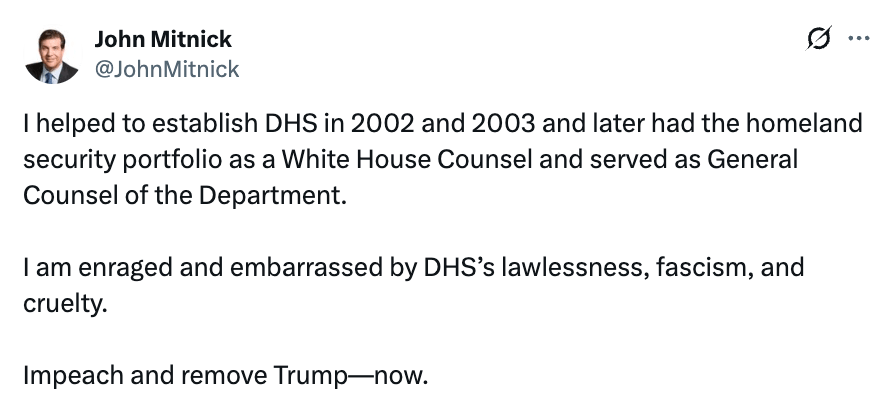
This is not some wild-eyed liberal activist, friends. This is a highly accomplished conservative who has served under multiple Republican Presidents and who helped create DHS. He says it is lawless, fascist, and cruel. You may not want to listen to Democrats in Congress, but will you listen to him?
I’ve already written about the many ways in which this President believes he is above the law—including the time he publicly advocated terminating the Constitution. This applies when it comes to his administration’s immigration enforcement as well.
In May, in an interview about Kilmar Abrego-Garcia, who was unlawfully deported, the reporter asked Trump directly: “Don’t you need to uphold the Constitution of the United States as President?”
There is a simple and obvious answer to this question. Just one.
Trump’s answer? “I don’t know.”
What can we do?
Democrats succeeded in shutting down DHS when Congress failed to reach an agreement on funding the agency by Friday’s deadline. But ICE and CBP will continue to operate essentially as before, funded by the One Big Beautiful Bill. Keep up the pressure on Congress not to fund DHS (or to defund ICE entirely) until they’ve achieved some real reforms and strictly limited Kristi Noem’s ability to keep violating the Bill of Rights.







